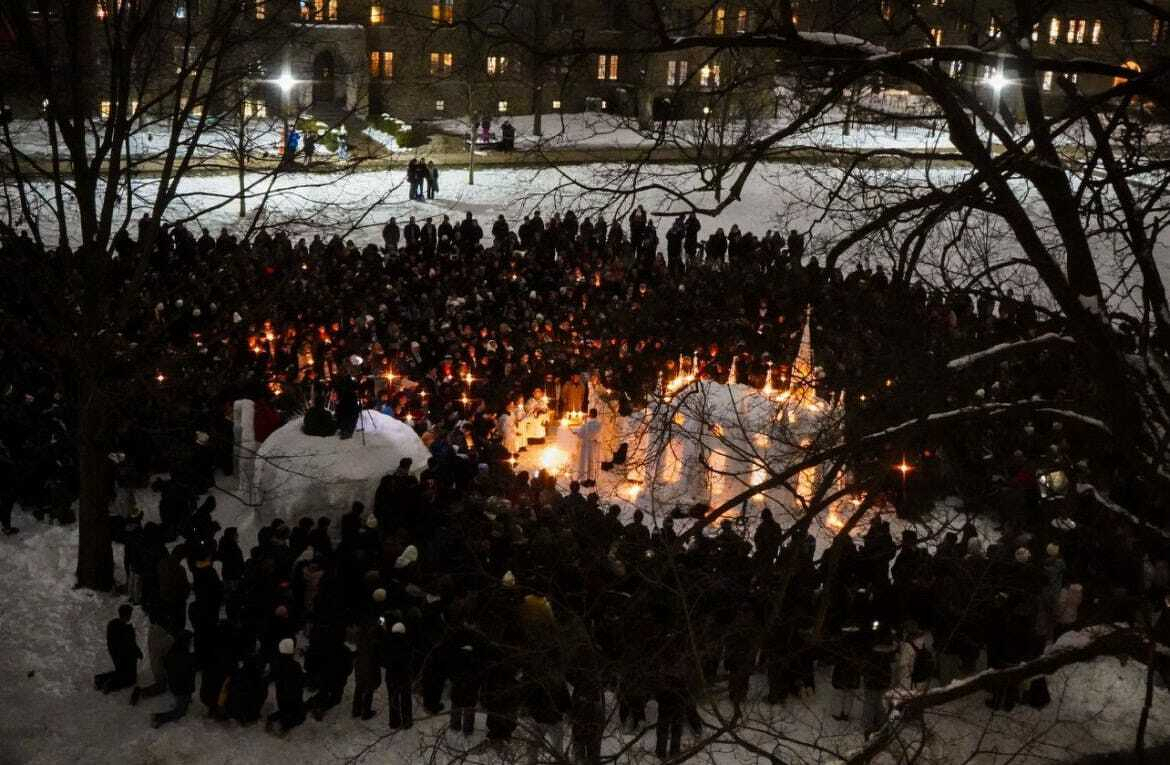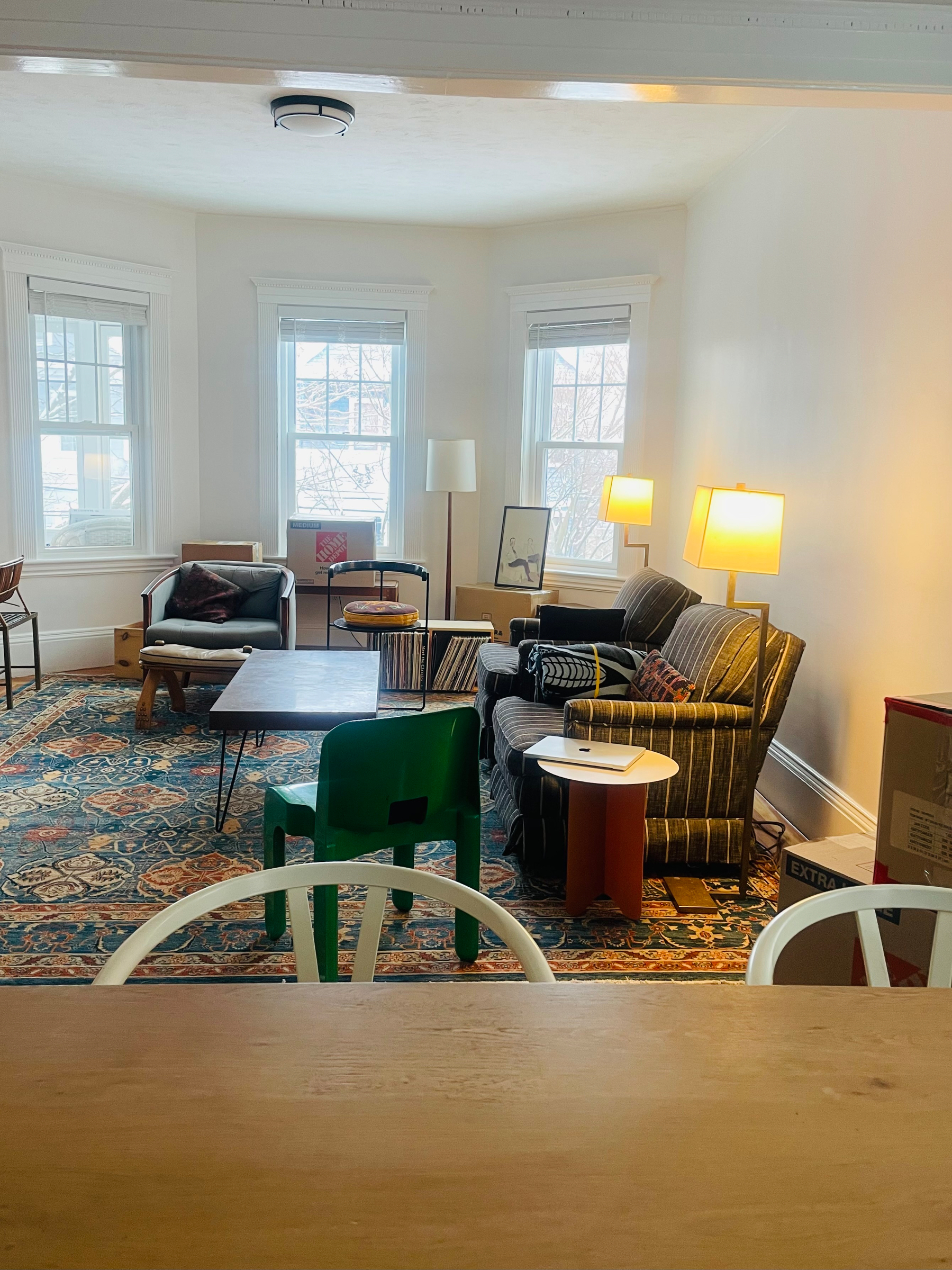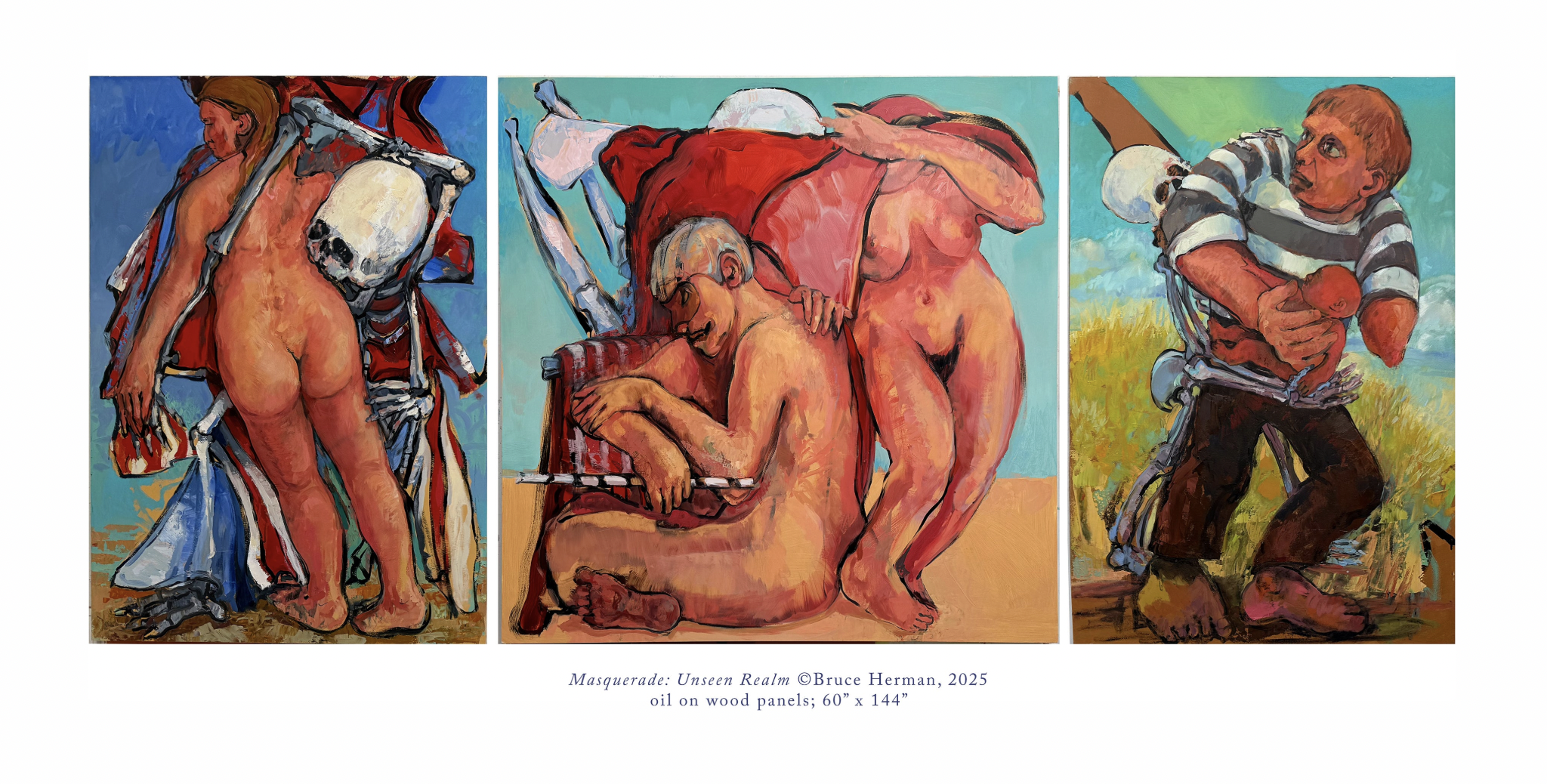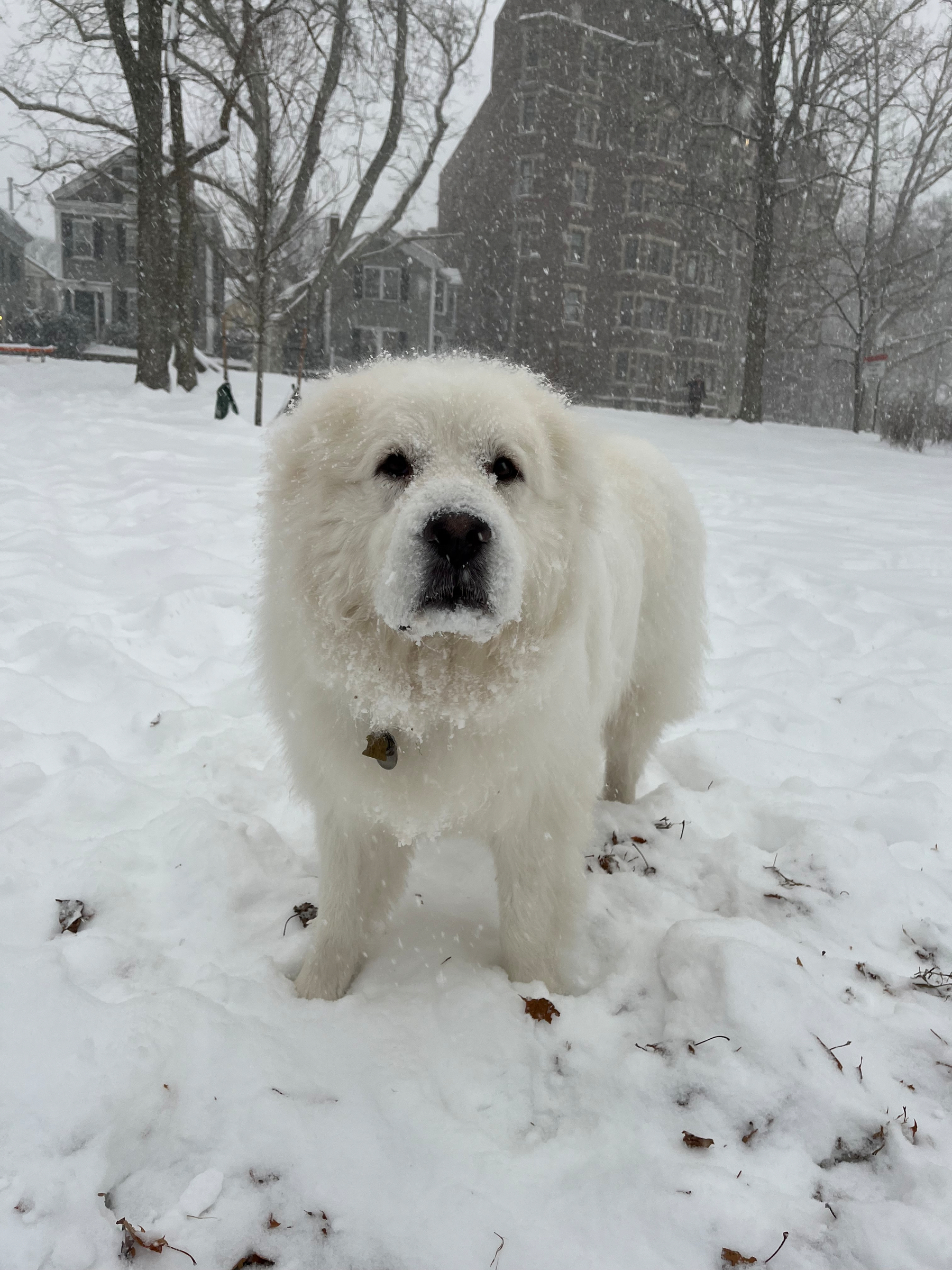A student-built ice cathedral at Notre Dame.

A student-built ice cathedral at Notre Dame.

My PhD student is being advised left and right to let Claude do her lit review, write her qualifying presentation, summarize the books she needs to read to prepare. She is holding fast to the conviction that this slow, frictionful work is the work she signed on for. Immensely proud of her.
My son Malcolm (15) and I are on our fourth watch-through of Band of Brothers — a winter tradition. I think I’ve seen it twice more before that, so I’m officially versed in the 101st airborne. Other fans here?
Hundreds of tasks to go and still more snow coming down, but we’re in to our new place! It’s very quiet here.

here we go

I have plenty of complaints about the UI of Substack, but there is a burgeoning network of professors there sharing principled and ingenious pedagogy for the age of LLMs.
Current status: moving week, new apartment! We’re having to get snow removal just to fit the truck out front, but such is the process.

You guyssss Bruce Herman’s latest work.

I’ve been in San Francisco for a few days enjoying a break from winter, but this polar bear is living her best life.

Currently half-nursing along an idea for a book—intellectual memoir, I guess?—called After Sustained Reflection, I Changed My Mind.